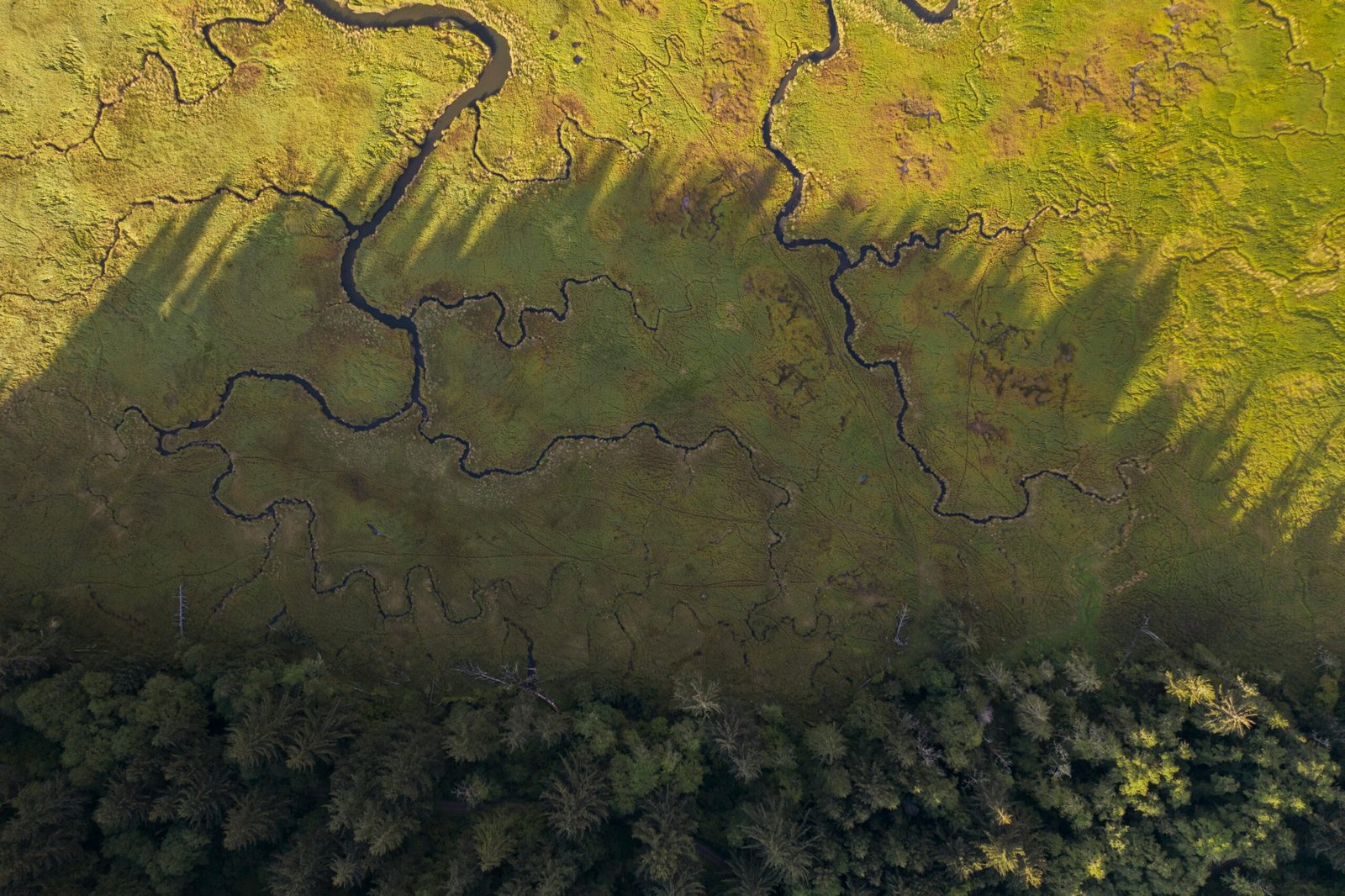Our planet is a delicate web of interconnected ecosystems, each playing a vital role in maintaining the balance of nature. However, in recent years, human activities have taken a toll on these ecosystems, leading to habitat destruction, biodiversity loss, and climate change. Recognizing the urgent need to protect and restore our natural environment, countries and organizations around the world have been stepping up their efforts to preserve and restore ecosystems. In this article, we will explore some of the latest global initiatives aimed at nurturing nature and safeguarding our planet for future generations.
1. The Great Green Wall
Spanning across the African continent, the Great Green Wall is an ambitious project aimed at combating desertification and land degradation. The initiative involves planting a wall of trees stretching over 7,000 kilometers, from Senegal in the west to Djibouti in the east. By restoring degraded land, the Great Green Wall aims to improve food security, create jobs, and provide a barrier against the encroaching Sahara Desert. This massive undertaking not only helps to preserve vital ecosystems but also empowers local communities and promotes sustainable development.
2. Coral Reef Restoration
Coral reefs are among the most diverse and productive ecosystems on Earth, supporting a wide range of marine life. However, coral reefs are under threat from climate change, pollution, and overfishing. To address this issue, organizations such as the Coral Restoration Foundation and The Nature Conservancy have been actively involved in coral reef restoration efforts. These initiatives involve growing coral fragments in nurseries and transplanting them onto damaged reefs, helping to rebuild and restore these fragile ecosystems.
3. Rewilding Projects
Rewilding projects aim to restore ecosystems by reintroducing native species and allowing natural processes to occur. One notable example is the reintroduction of wolves in Yellowstone National Park in the United States. By bringing back this apex predator, the park’s ecosystem has experienced a remarkable transformation. The presence of wolves has helped control the population of herbivores such as elk, leading to a recovery of vegetation and a resurgence of other species. Rewilding projects not only restore ecosystems but also provide opportunities for ecotourism and education.
4. Marine Protected Areas
Marine protected areas (MPAs) are designated areas in the ocean where human activities are regulated to protect marine biodiversity. These areas serve as sanctuaries for marine life, allowing ecosystems to recover and thrive. The Global Ocean Alliance, a coalition of governments and organizations, has set a target to protect 30% of the world’s oceans by 2030. By expanding the network of MPAs, we can safeguard marine ecosystems, preserve habitat for endangered species, and ensure the sustainable use of our oceans’ resources.
5. Reforestation and Afforestation
Reforestation and afforestation efforts play a crucial role in combating deforestation and climate change. Organizations like the Eden Reforestation Projects and the Trillion Trees Campaign are actively involved in planting trees around the world. These initiatives not only help to restore vital forest ecosystems but also sequester carbon dioxide, mitigate climate change, and provide livelihood opportunities for local communities. By investing in tree planting initiatives, we can protect biodiversity, enhance ecosystem services, and contribute to a greener future.
Conclusion
The preservation and restoration of ecosystems are paramount in ensuring the long-term survival of our planet. Through initiatives such as the Great Green Wall, coral reef restoration, rewilding projects, marine protected areas, and reforestation efforts, we are taking significant steps towards nurturing nature and safeguarding our environment. However, these efforts require continued support and collaboration from governments, organizations, and individuals worldwide. By working together, we can make a positive impact on our ecosystems and leave a legacy of a healthier, more sustainable planet for future generations.



































